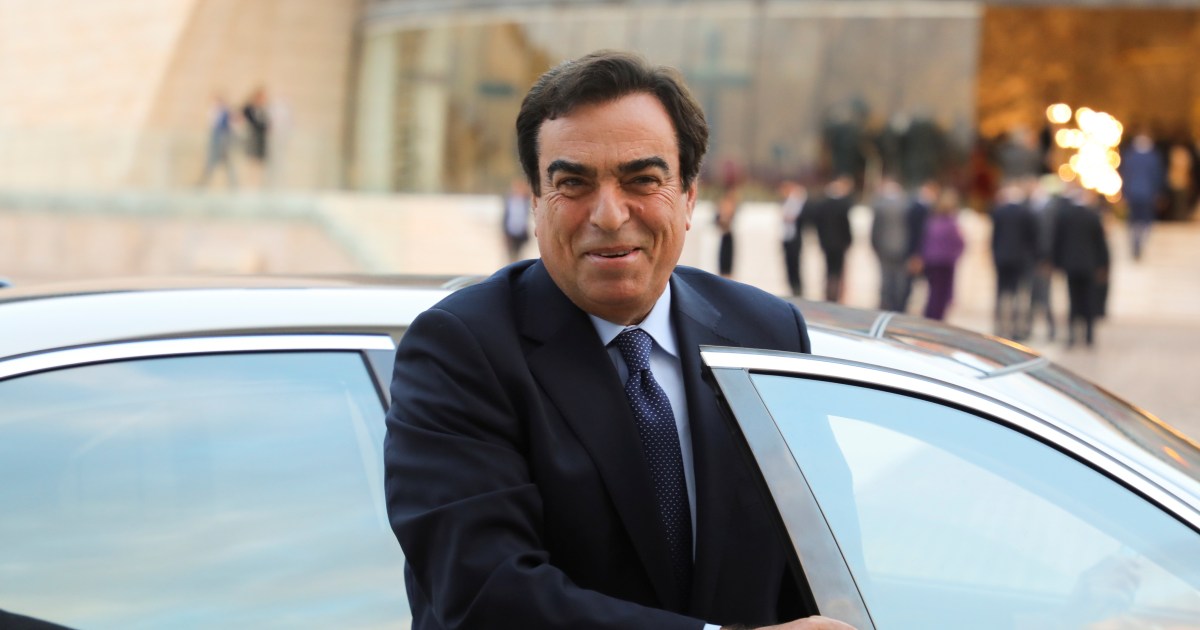Al-Jazeera correspondent in Beirut quoted government sources as saying that Lebanese Prime Minister Najib Mikati will not call for a government session before Information Minister George Kordahi submits his resignation, amid the continuing repercussions of the crisis, and ambiguity in its outcome.
The sources indicated that Mikati is seeking to obtain the consensus of the political forces on the conditions he set for reactivating the government's work, especially with regard to the resignation of Minister Qardahi and the failure to raise the issue of removing the judicial investigator in the port case on the cabinet table.
On the other hand, sources close to the ministers affiliated with the Amal Movement and Hezbollah confirmed their refusal to dismiss Qardahi or push him to resign over his statements about the Yemen war.
The ministers also confirmed - according to the same sources, their adherence to disqualifying the investigative judge in the port case, Tariq Al-Bitar, from this file as a result of what they describe as legitimate suspicion, according to Lebanese law.
Hezbollah representative in the Lebanese parliament, Hussein Hajj Hassan, said that George Qardahi was not mistaken in his statements regarding the war in Yemen, but rather expressed his opinion.
In an interview with Al Jazeera, he denied any connection to Minister Qardahi's case with the investigation file in the Beirut Port case and the demands for the resignation of investigative judge Tariq Al-Bitar.
Former Lebanese Prime Minister Fouad Siniora said that there has been a deviation in Lebanon's foreign policy during the past years.
Siniora added - in an interview with Al-Jazeera - that it is in the interest of Lebanon and the Lebanese to correct what he called the deviation caused by Hezbollah's interventions in Yemen, Syria and Kuwait, as he put it.
judgment of conscience
Earlier, Lebanese Prime Minister Najib Mikati reiterated his call to Information Minister George Kordahi to "arbit his conscience" and give priority to the national interest, against the background of the crisis sparked by the latter's statements with the Gulf states, especially Saudi Arabia.
But the minister insisted on refusing to resign, while Hezbollah blamed Riyadh for the crisis, rejecting foreign dictates on the government, as he put it.
In a televised speech on Thursday, Mikati said that the personal positions of the Minister of Information had brought Lebanon into the "prohibition of boycott" by the Gulf countries, and he continued, "Whoever thinks that he can take Lebanon away from its Arab depth is mistaken."
The Lebanese Prime Minister spoke of a "road map" to get out of the crisis, saying that the government is determined to address the file of the relationship with Saudi Arabia and the Gulf states according to the correct rules, and that it will not leave the matter "subject to political compromise." The solution".
Lebanon is facing what is described as its worst dispute with the Gulf states, as a result of statements made by the Lebanese Minister of Information, George Kordahi, regarding the war in Yemen before his appointment to the government.
Qardahi said - in an interview broadcast on October 25, which was recorded weeks before his appointment as a minister - that the Houthis in Yemen are defending themselves in the face of what he sees as external aggression from Saudi Arabia and the UAE.

